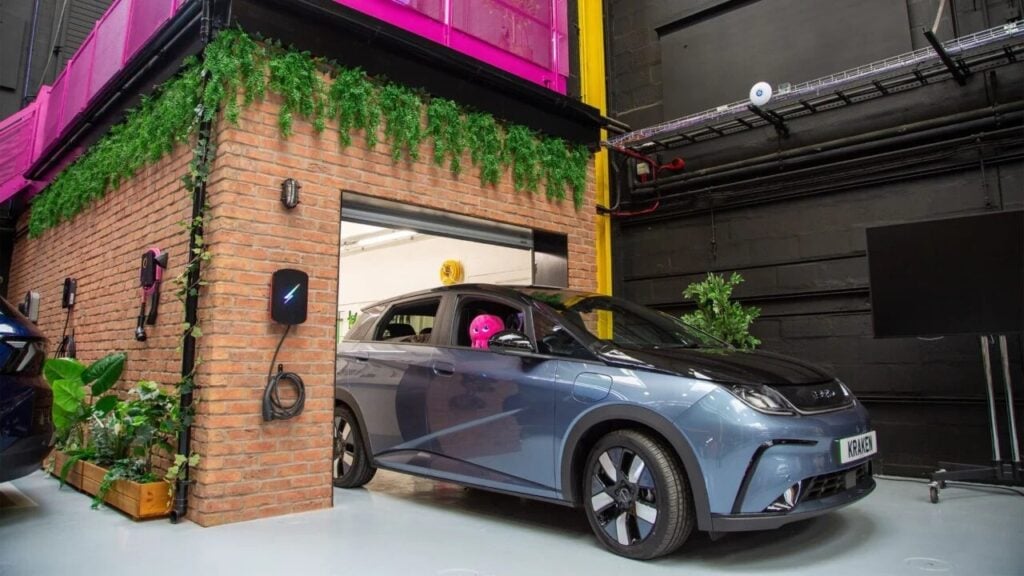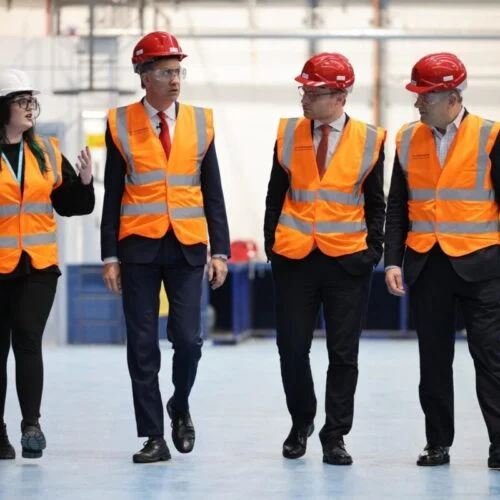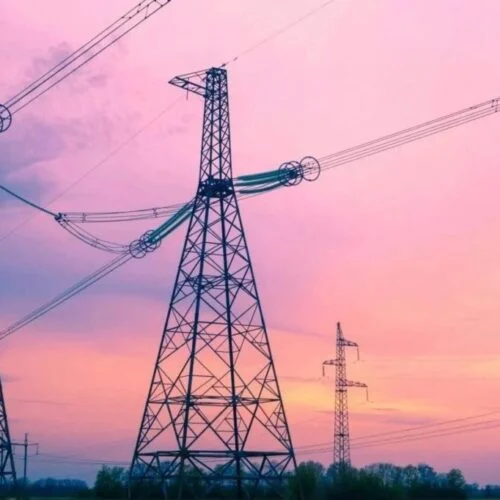Figures from NGO New Automotive show that in April battery EV (BEV) registrations increased 3.7% year-on-year (YoY) to take a 20.4% market share.
So far in 2025, 143,050 BEVs have been registered, a 31% increase on the same period of last year, meaning that BEVs have a cumulative 20.71% market share.
Figures from trade association representing carmakers, the Society of Motor Manufacturers and Traders (SMMT), echoed this, despite recording a 10.4% decline in the new car market during April. As petrol and diesel registrations dropped 22% and 26.2% respectively, SMMT reported that BEVs are the second-most popular vehicle by power train, outranking diesel motors.
According to New Automotive, amidst a fall in van sales electric vans experienced ‘booming’ growth, with battery electric van registrations increasing 102.6% compared to April 2024, reaching 1,704 units.
SMMT blamed the decrease in new car sales on tax changes that came into force on 1 April. However, New Automotive said these changes (including making the Electric Car Supplement applicable to EVs) did not outweigh EV demand driven by lower running costs and environmental concerns.
According to New Automotive CEO Ben Nelmes: “Even with tighter budgets, drivers are choosing electric for the savings and the drive. The momentum is undeniable and consumer demand is strong.”
SMMT added that for the sake of car manufacturers, government incentives “remain paramount”.
Director of EV & solar at Hive, the smart home tech offering from British Gas, owned by Centrica, said that policymakers should ensure they take “every step” to encourage drivers to make the transition.
“This includes additional funding to support the rapid expansion of the UK’s charging network and reducing VAT on public charging costs.”
Following changes to the zero emissions vehicle (ZEV) mandate, which appeased carmakers more than the EV and EV charging industry, calls for consumer-led reform to encourage EV uptake are persistent.
Quentin Wilson, founder of FairCharge, an EV policy lobby group, called consumer buying behaviour “a solid rejection of fossil fuel misinformation and a clear signal that the lower running costs, increased reliability and improved air quality from EVs is preferable to petrol and diesel”.
James Court, public policy director at Octopus Electric Vehicles, commented on the car uptake figures: “The data doesn’t mislead, it sheds a light on the facts: UK drivers want to drive electric.”
He attributed increased EV uptake to “the tech, smooth drive and lower running costs” associated with an EV.
Instavolt’s chief commercial officer, Simon Smith, added that drivers have the confidence to make the switch thanks to the continued rollout of world-class charging infrastructure; “the trend is clear- consumers love EVS”.






